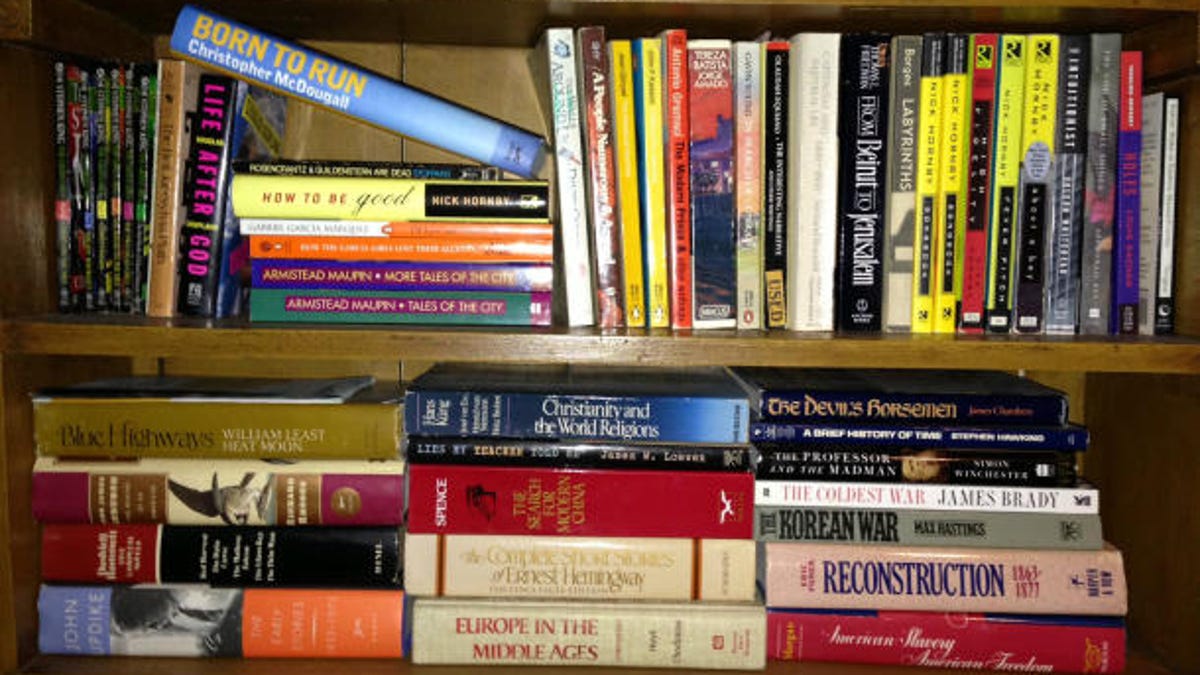Judge appears to back Google's defense of digital books project
Judge's comments suggest he finds merit in the Web giant's assertion that the project is exempt from copyright laws under the fair use provision.

A U.S. judge made comments Monday that suggest favor for Google's defense of its digital books project, which could hobble an authors group's effort to stop it.
The Authors Guild, which represents the interests of authors, says the project constitutes massive copyright infringement. Google, which has scanned more than 20 million books since forming partnerships with several major universities to digitize their research libraries in 2004, argues that the project is exempt under the "fair use" provision of copyright law because it shows only short "snippets" of text online.
During a hearing in New York on Monday, Circuit Judge Denny Chin said Google's fair use defense hinged on whether the project "is a benefit to society," according to a Reuters' account of the hearing. Chin listed several examples how the book-scanning project has helped people find information, including his own law clerks.
"Aren't these transformative uses, and don't they benefit society?" Chin asked.
Edward Rosenthal, a lawyer representing the authors, said the project "may benefit society in some instances" but argued that it should be the copyright holder who decides whether the work is displayed.
Rosenthal went on to say that the act of copying books is illegal and at the very least authors should be compensated. Chin noted that people have bought books after finding information about them online, suggesting that authors are compensated by increased sales.
Google and the Authors Guild have been battling over the Web giant's digitizing of books for nearly a decade. The Authors Guild in 2005 filed suit, asserting that Google's book scanning constitutes copyright infringement.
In 2008, the two sides reached an agreement whereby Google would have paid authors and publishers $125 million in return for scanning and selling their copyrighted works. However, that settlement was thrown out in 2011 by Chin, who ruled that it would have given Google an unfair advantage over its competitors.
Chin gave the Authors Guild the legal go-ahead to proceed with a class action suit in May 2012. However, the 2nd Circuit Court of Appeals ruled in July that Chin erred when he certified the lawsuit as a class action suit.
The Authors Guild wants $750 per title and said earlier this year that it would take $3 billion in damages.

